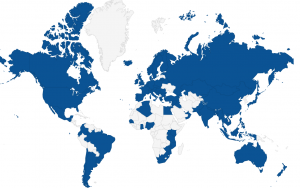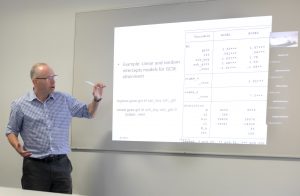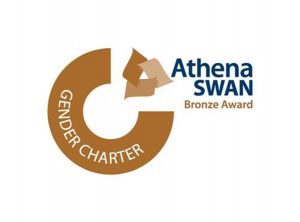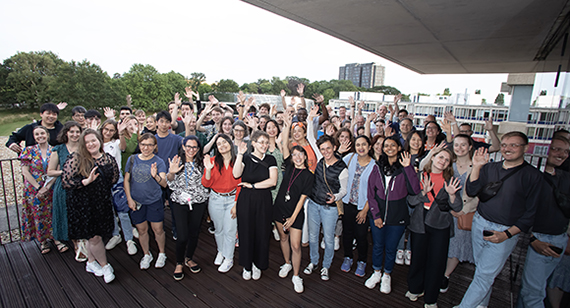Essex Summer School Mission statement and Key Principles
The Essex Summer School in Social Science Data Analysis provides world-leading social science methods training to postgraduate research students by offering instruction from an internationally renowned faculty drawn from the world’s top research institutions. It seeks to foster the postgraduate students’ academic research and careers, both through training and by offering unique networking experiences. In doing so, it contributes to the entirety of the international social science community.
The SSDA Summer School is marked by and known for the following core features. Our mission is to foster each of them, prioritising the delivery of the highest quality of social science methods instruction.
An international reputation, over 50 years in the making:
Since 1967, the SSDA Summer School has served as a connection between social science communities throughout the world. Each year, we receive over 500 students from all social science disciplines from over 40 countries seeking world-class instruction in social science research methods. Numerous alumni now hold academic positions throughout the world. Supervisors of postgraduate students in dozens of institutions routinely recommend the Essex SSDA Summer School as the premier methodology training experience for social science students. An Essex SSDA Summer School credential is recognised for its quality throughout the international academic social science community.



Building skills for academic research:
The SSDA Summer School is an extension of post-graduate research instruction for social science departments around the world. The school’s rigorous training provides students with the tools to elevate their research to the highest standards for publication in international outlets. Departments in all social science disciplines rely on the SSDA for advanced methods training and send students to the summer school to focus on building skills for basic research in social sciences. Each year, the school awards over 1500 ECTS credits for use as part of post-graduate courses. In addition, the SSDA summer school offers a post-graduate degree, the MA in Social Science Data Analysis, which allows students to acquire and demonstrate a full range of research methods in the social sciences and to complete a supervised original research project at the highest levels of proficiency.


Networking for PhD students:
Complementing the research methods training offered by the summer school, the SSDA also functions as a professional networking opportunity for aspiring academics. With over 500 social scientists from over 200 institutions and over 40 different countries each year, the SSDA Summer School brings together substantial clusters of individuals working on similar topics with similar methods. These relationships forged at SSDA have formed the core of collaborations and professional relationships that have greatly enhanced international careers for social science academics. The numerous activities throughout each session provide many opportunities for interaction with instructors and students.

An international staff of experienced instructors:
The SSDA summer school provides access to training equivalent to that offered by the world’s most prestigious social science programs. The summer school’s instructors are based at institutions throughout the US and Europe, and most others have significant experience teaching at institutions outside the UK. Thus, the school provides a unique opportunity within a single event to interact with other researchers from around the world, bringing with them a diverse range of perspectives on methods teaching and learning.


Intensive methods instruction:
Each of our over 40 modules is designed to be small enough to facilitate individual instruction. Modules are focused on student needs and geared to aid the improvement of each participant’s academic projects, such as the PhD thesis or post-doctoral project. Our application process aims to admit participants into modules based on background and preparation to maximize the quality of the education environment. Because of this highly student-focused process, each participant has the opportunity to make considerable progress on the skills relevant to their own research during each module’s 35 hours of lecture and lab experience.


Diversity and Inclusion Statement:
We, the Essex Summer School in Social Science Data Analysis, are committed to build an inclusive and supportive environment for all participants and members of our community. In line with the University of Essex values, we thrive to build a supportive culture of respect and inclusivity that goes beyond the classroom.
We are committed to promote inclusion and to challenge any form of discrimination based on gender identity, sexual orientation, race, ethnicity, religion, or accessibility. As part of the University of Essex, we are bound by explicit commitments to gender equality, to and to further advance the representation of minorities in research, teaching, and administrative roles in the Summer School. Our efforts in this direction are framed by the core to the values stated in the Athena Swan Charter to promote to advance gender equality, and the Race Equality Charter’s guiding principles.
The University of Essex has a Zero Tolerance Approach to harassment and bullying that states what is expected of our staff, students and any external members. This document also contains information on organisational procedures for reporting and policies for formal and informal complaints and investigations.
Further information:




